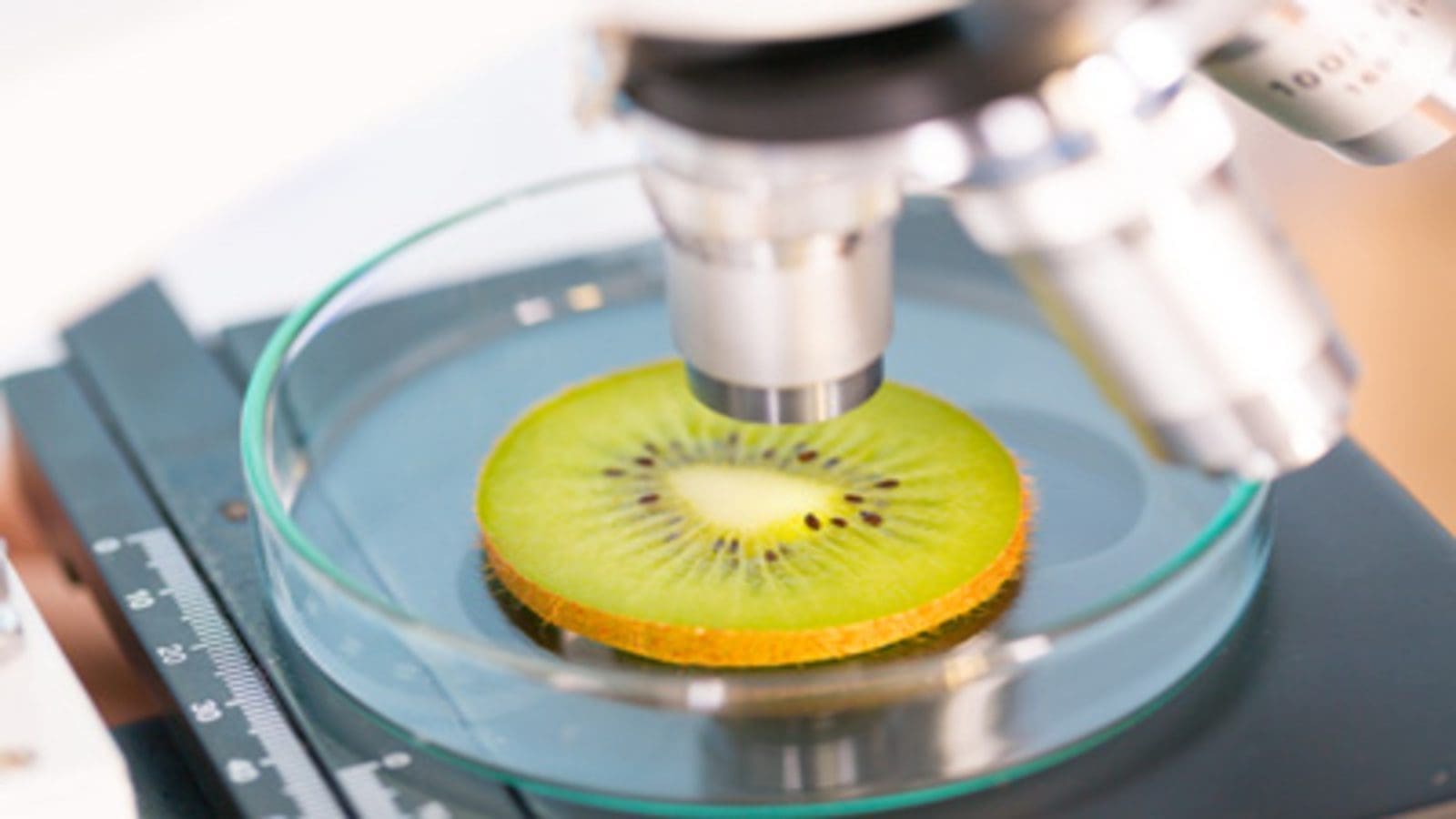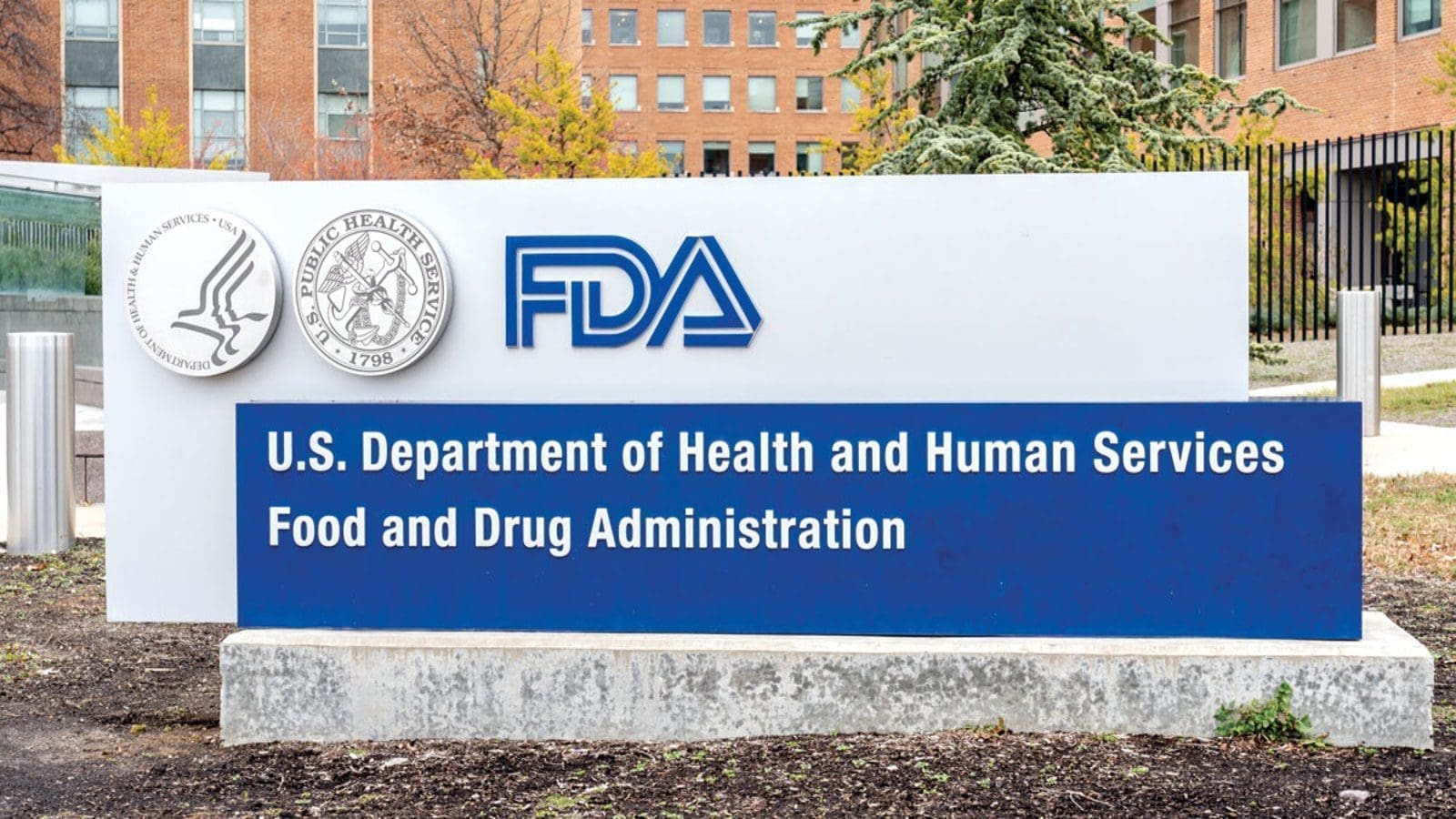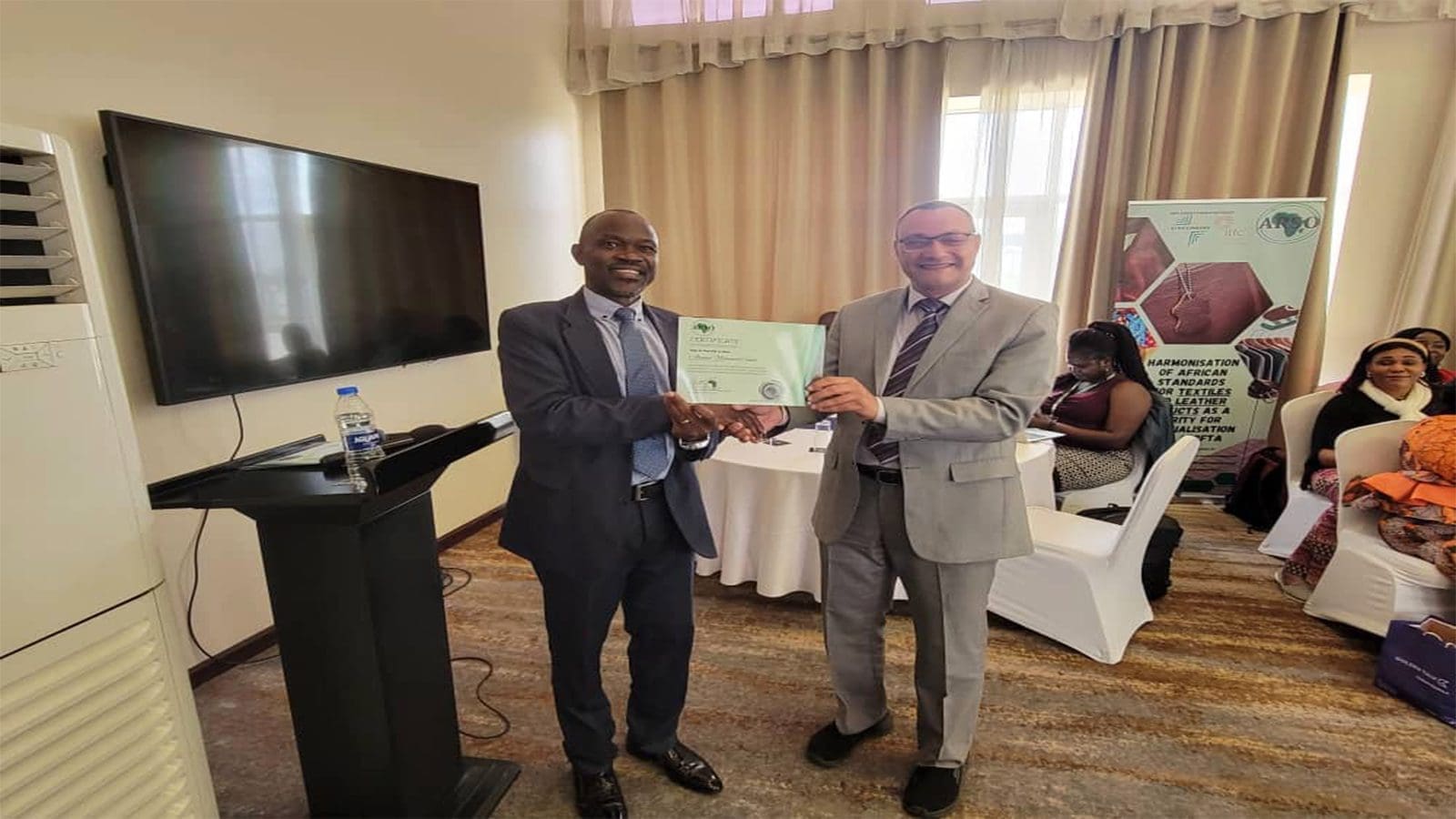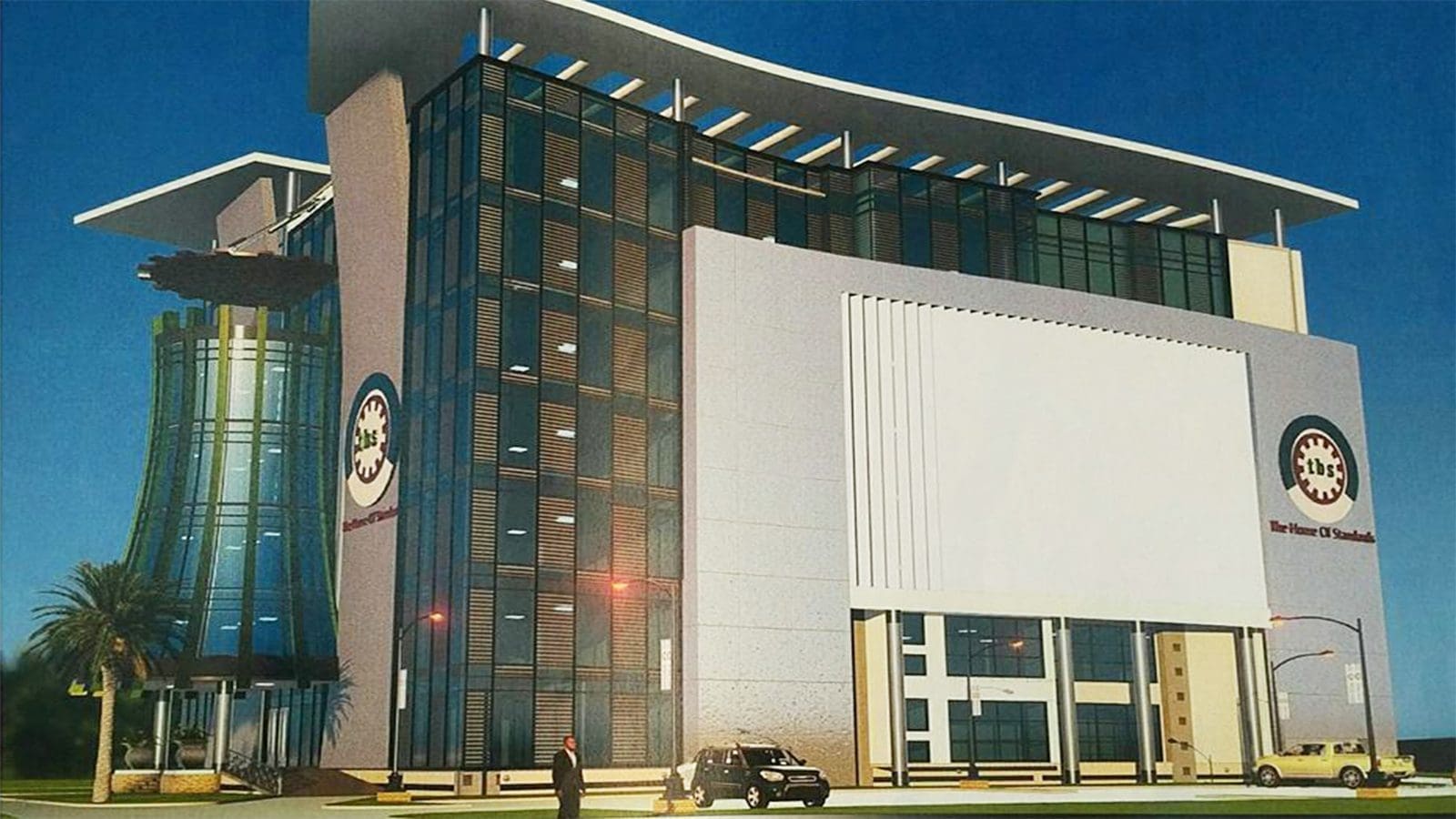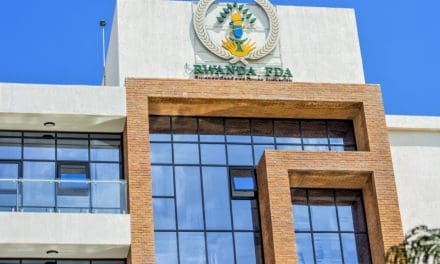GLOBAL – A report by Vantage Market Research has revealed that the increasing demand for accurate labelling and maintaining food quality in food industry is driving the food authenticity testing market which is projected to reach USD 9,956 Million by 2028, growing at a CAGR of 8.50% from 2021 to 2028.
Vantage Market Research is a reputed company committed to providing high quality data and market research services in more than 20,000 emerging markets.
The pandemic has affected most countries in the world, with severe impacts on the global economy and the food production and distribution sector. The food authenticity testing market also experienced a huge impact.
According to the International Food Authenticity Assurance Organisation (FAAO), food authenticity is the process of irrefutably proving that a food or food ingredient is in its original, genuine, verifiable and intended form as declared and represented.
Authenticity testing is implied to prove the genuine content of food products and the way it is preserved.
Governments across the world took severe actions like border seals, lockdown, and implementing strict social distancing measures, in order to stop the swift spread of COVID-19. These actions led to a severe impact on the global economy impairing various industries.
Food authenticity and food adulteration has been a subject of concern with consumers and producers. Problems with dilution, false labelling, and partial or complete substitution of expensive ingredients are not infrequent practices and can inflict substantial damage on the companies involved.
Governed by extensive legislation, the ultimate priority for food producers and regulators is to maintain high levels of food safety standards, which is boosting the demand for food authenticity testing market
Effective and accurate screening for impurities and any possible illegal practices of adulteration is vital in both safeguarding public health and adhering to regulatory requirements which in turn are increasing the demand for food authenticity market globally.
Food fraud on the rise
Government organizations such as Food and Drug Administration (FDA) are concerned towards the rising cases of adulteration activities and mislabeling in food industry, making it one of the factors, driving the authenticity testing market. . The purpose of authenticity testing is to assure the true state of food.
In recent years, increasing numbers of food fraud incidents have been reported worldwide. The number of reports made to the UK National Food Crime Unit has increased from 796 cases in 2015 to 1193 in 2019, with 364 notices in the first three months of 2019.
According to the report, emerging economies of Asia Pacific such as India, China, Indonesia, and Thailand among others are expected to fuel the growth of the food authenticity testing market. On the other hand, increasing activities related to food fraud, food adulteration, and maintaining low food quality is driving the demand for food authenticity testing market.
Countries such as China and India are imposing stringent regulations to control food quality especially in rural areas. This decision taken by government authorities will drive the requirement for food authenticity and testing equipment to flourish and hence increase the demand food authenticity testing market.
Middle East and Africa, Europe and North America will also show rapid development on the food authenticity testing market especially in the meat and meat products segments as majority of population is dependent on meat and meat products.
Liked this article? Subscribe to Food Safety Africa News, our regular email newsletters with the latest news insights from Africa and the World’s food safety, quality and compliance. SUBSCRIBE HERE


